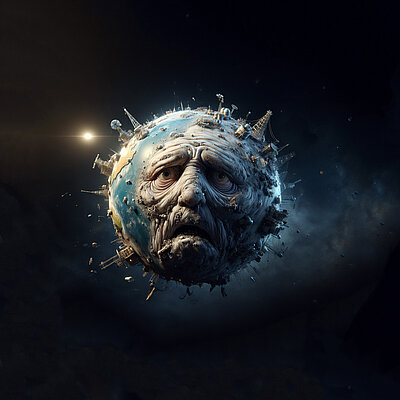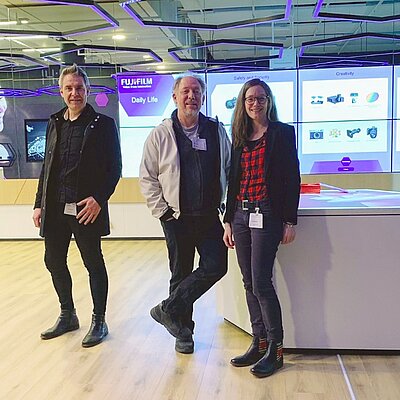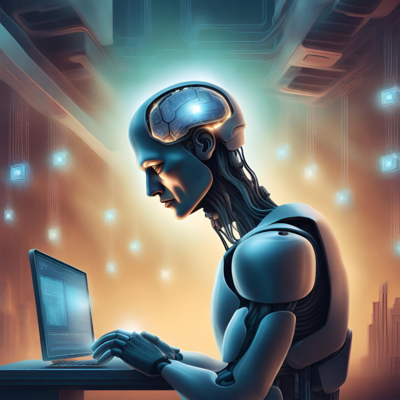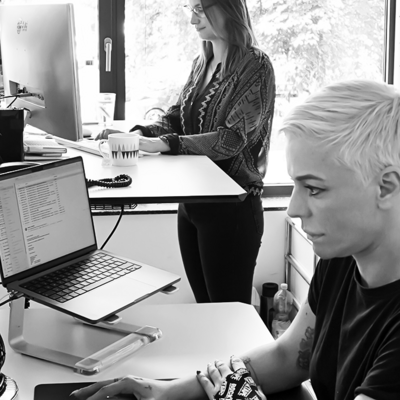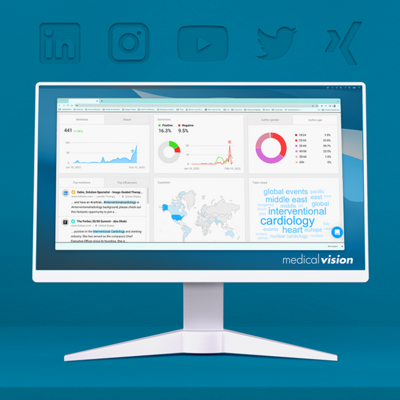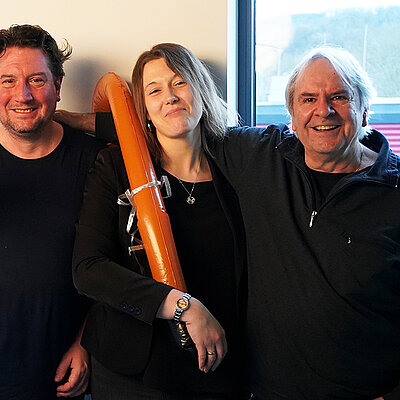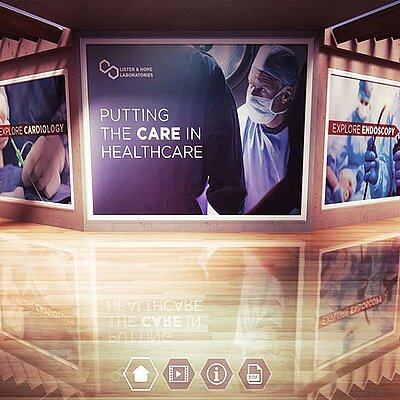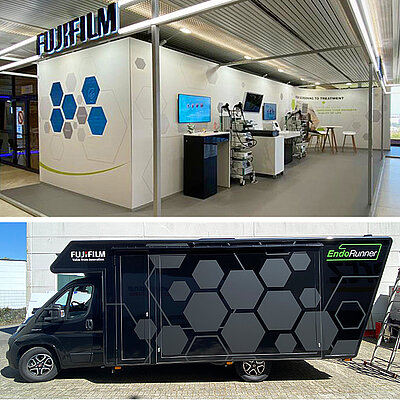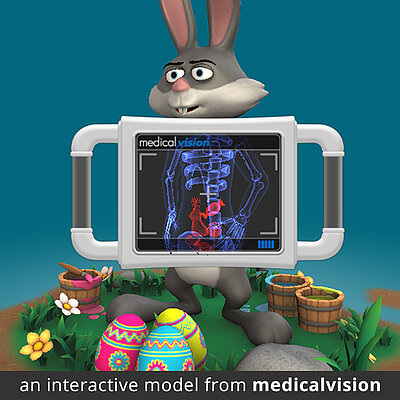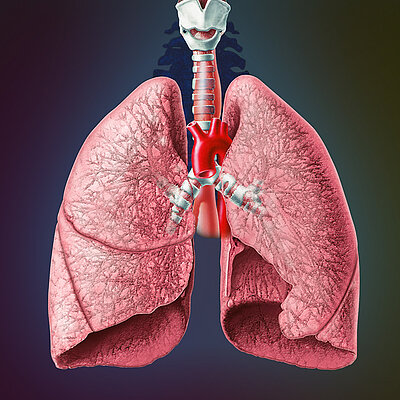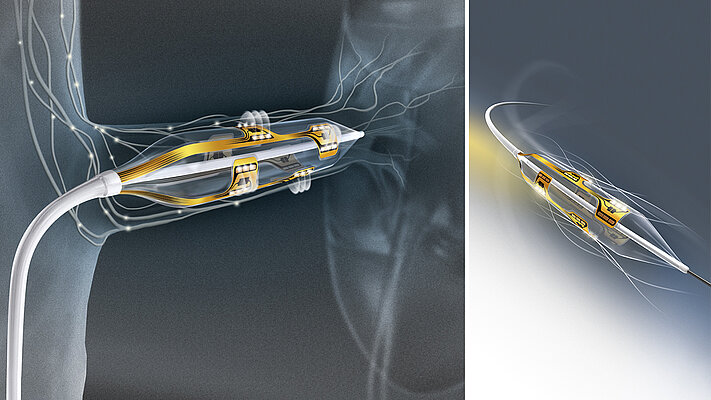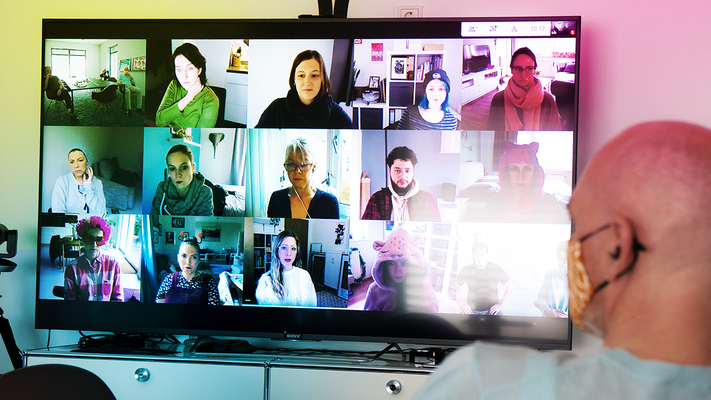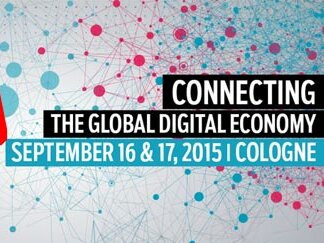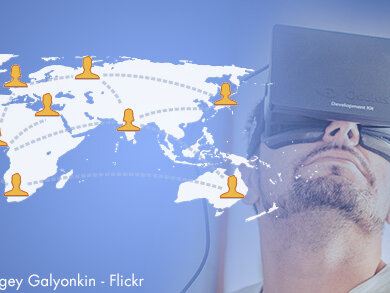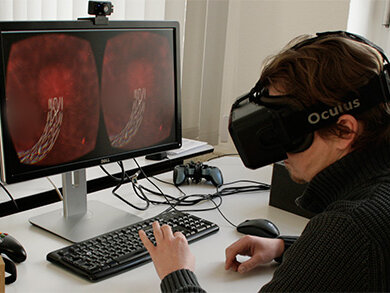Recent reporting suggests that Artificial Intelligence (AI) is causing disruption in the job market. According to an article by Forbes, 25% of jobs are expected to be negatively impacted over the next five years due to AI advancements1 and a survey by media company CNBC reveals that about one-quarter of workers fear job loss from artificial intelligence2.
Artificial Intelligence Disruption in the Job Market – Which Jobs are Threatened?
Artificial Intelligence Disruption in the Job Market – Which Jobs are Threatened?
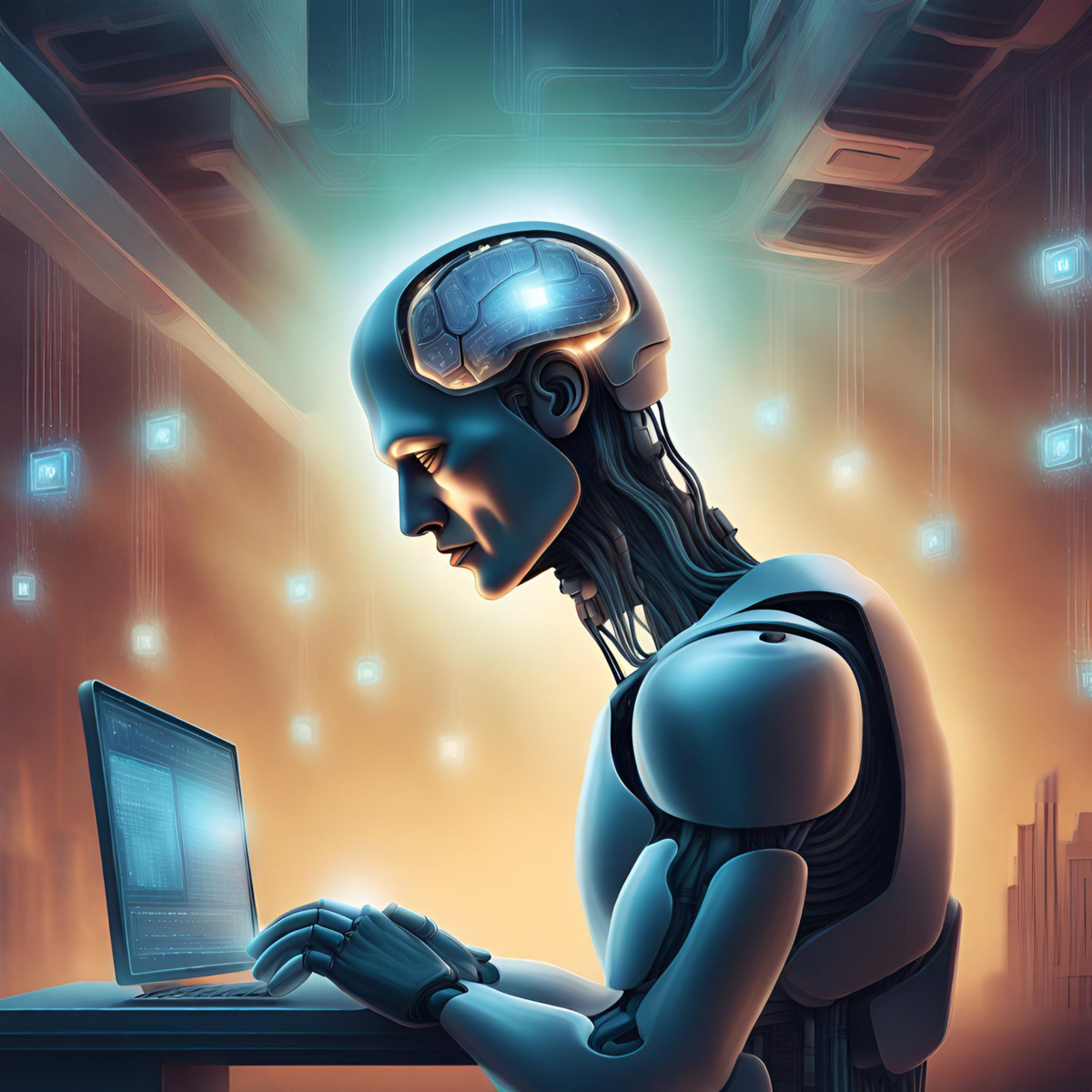
Moreover, Zippia (an online career exploration and job search platform) statistics indicate that worldwide, a billion people could lose their jobs over the next decade due to AI, and 375 million jobs are at risk of becoming obsolete because of it3. In May 2023 alone, nearly 4,000 Americans reportedly lost their jobs because they were replaced by AI 4.
Historically, automation has led to job loss, but this economic impact has often been offset by the creation of new jobs5. However, the scale at which AI is predicted to impact job markets raises crucial questions about future employment trends and the need for protective measures.
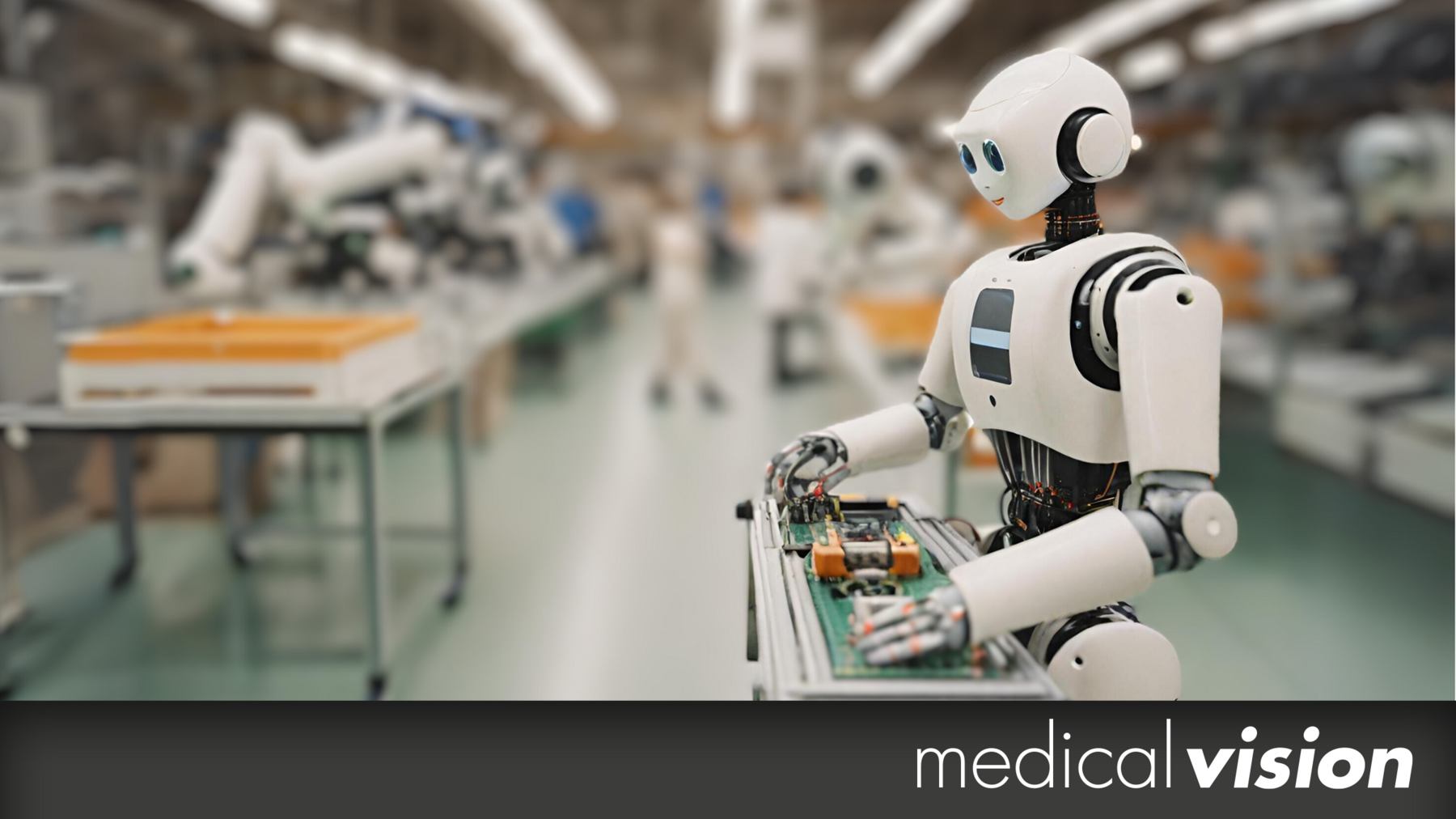
Interestingly, even as AI threatens existing jobs, it is poised to create new ones. As per the World Economic Forum, while AI could eliminate up to 85 million jobs globally by 2025, it is also projected to generate 97 million new jobs in fields ranging from big data and machine learning to information security and digital marketing 6.
Therefore, while it's essential to acknowledge and address the disruptions AI can cause in the job market, it is equally important to recognize its potential to create new employment opportunities. The challenge lies in ensuring that the workforce is adequately prepared and trained to transition into the new roles created by AI.
The first jobs likely to be replaced are those involving repetitive tasks or processes that can be easily automated. This includes sectors such as manufacturing, where AI and robotics can perform assembly line tasks, and customer service, where AI can handle routine inquiries via chatbots. Furthermore, AI advancements pose a threat to jobs in data entry, telemarketing, and even transportation, with the ongoing development of autonomous vehicles. Interestingly, AI is also making inroads in more complex fields such as healthcare and finance, where AI algorithms can analyze data and make predictions with increasing accuracy.
What about the advertising industry? AI offers both: opportunities and challenges in the advertising industry. On one hand, AI can optimize advertising campaigns, personalize ads to individual users, and provide valuable insights from data analysis to help agencies make informed decisions. This technological evolution could lead to improved efficiency, customer engagement, and ultimately, increased revenue.
However, with the rising use of AI, there is the possibility of job displacement in certain areas of advertising, such as data analysis and media buying, which can be automated. Yet, AI lacks the human touch, creativity, and strategic thinking essential to develop compelling advertising campaigns. So while AI may reshape some tasks within advertising agencies, it is unlikely to fully replace the need for human expertize and creativity.
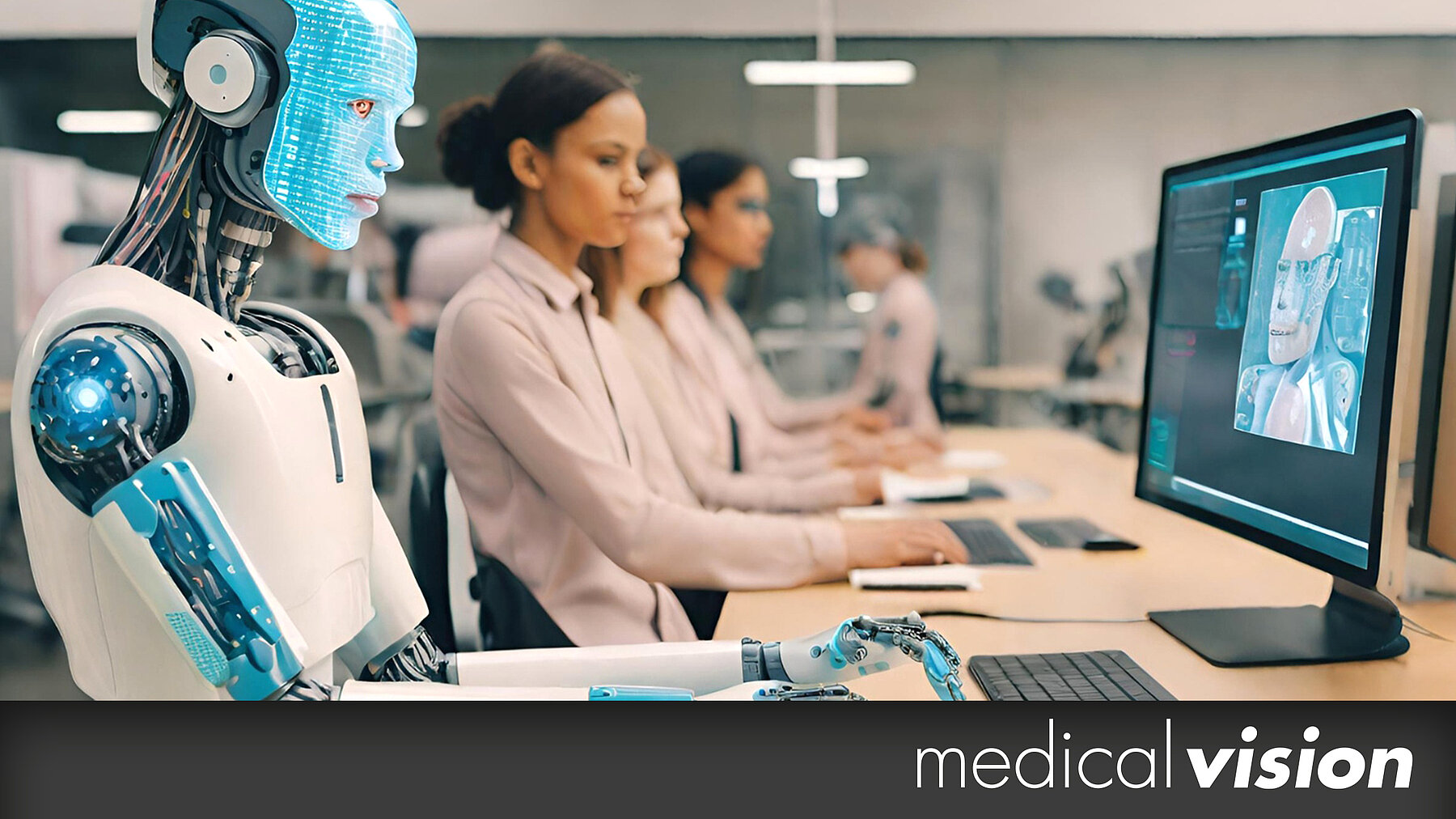
Indeed, at medicalvision, the emergence of AI is not seen as a threat, but as a powerful tool that can be harnessed to improve our service quality and efficiency. We strongly believe that AI can take over repetitive and mundane tasks, freeing up our experts to focus on strategic, creative aspects that truly make a difference for our clients. Moreover, the synergy of human creativity with AI's precision can result in advertising campaigns that are not only innovative but also highly targeted and effective. In essence, AI is not a job taker at medicalvision; but a transformer that we can employ to enhance our service offerings and help us improve customer satisfaction.

